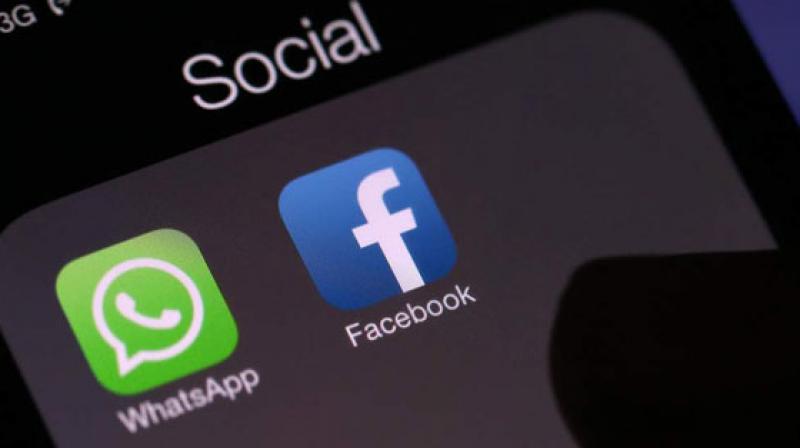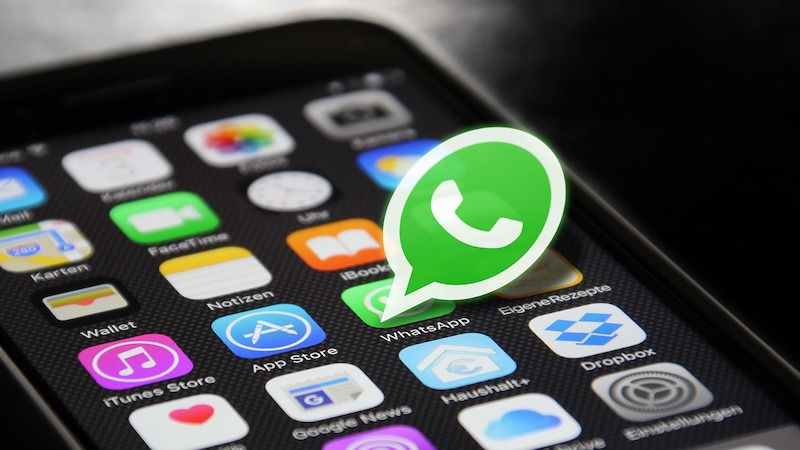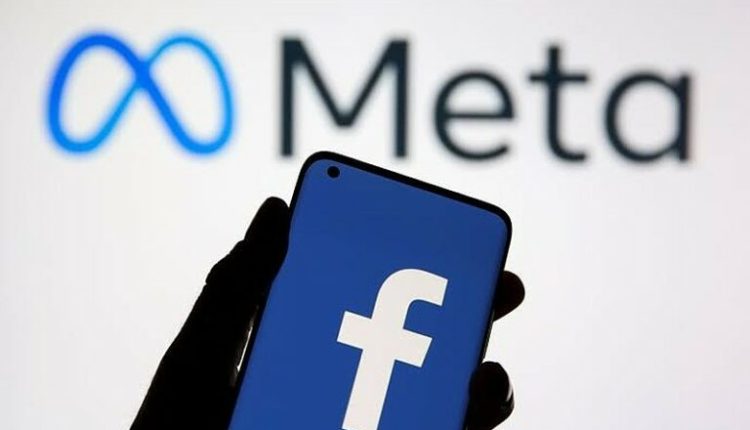The same old “Jingle bells! Jingle bells!! Jingle all the way!!!” is again uniting Christians and non-Christians in the ancient ritual of Christmas. Ordinarily, Christmas has become synonymous with happiness and family reunion. Kith and kin come together. Food and drinks flow in households and the grueling grind of the passing year give way, temporarily, to a short period of rest and leisure. Yet some years in the history of nations have been hard and harsh.
No wonder Charles Dickens, wrote Bleak Christmas in early industrial England, a period of hard economic life and unrelieved bleakness. Industrial sooth filled the atmosphere and the classic indictment of the age was captured in the images of under aged children working in factories covered in sooth in industrial chimneys. These were literally the archetypal images of the devil of the industrial age. Dark devils sent to earth to curse industry captains and the rulers of the day!
Many Nigerians will swear that 2024 would easily pass as Nigeria’s anno Horribilis, our worst year in recent memory. Life has been hard for many. Living costs have escalated, making basic food a luxury for the rich. Even those who would have loved to get away from their usual abodes to the relative peace of the rural areas and countryside can either not afford to go there or are too afraid of the dangers on most routes.
But Christmas has since deviated from its ritual spiritual essence. It is now part of the commercial heart of the industrial and post industrial age. The current commercial and mercantile essence of Christmas is ironically an aberration, an act of disobedience and defiance of an early injunction from the Messiah himself. Those familiar with the biblical chronicles will recall the image of a young swash buckling Christ on horseback who rode in anger to the Holy Temple in Jerusalem to disperse traders and gamblers who had made the Temple their shop floor. Ostensibly with horse whip in hand, he scattered their wares, upset their trading tables and in anger whipped them as they scampered in different directions.
He charged them with defilement of a holy place by converting the temple into a ‘den of thieves’ and a haven of iniquity. He left them with a permanent sense of guilt and an eternal injunction that the temple was never intended as a place of commerce. It was an act of defilement to convert the place of worship into a place of trade. In other words, the work of God and its holy places was never to be degraded through commercialism and the drive for profit. That was perhaps a rather simplistic interpretation of the relationship between Christianity and capitalism.
By an irony of history, after several centuries of that mass flogging and original injunction, humanity has become curiously united in the global retail frenzy and annual ritual of consumerism of the season of Christmas. Capitalist multiplication of profit is in fact a glorification of Christian doctrine. He who has, more will be added unto him. From those who have little, even that which they have will be taken from them and added to the rich man’s trove. The rich get richer and the poor even poorer! It is written.
The familiar tunes of Christmas – ‘Jingle Bells!’, ‘Rudolf the Red Nosed Reindeer!!’, “Noel Noel!!!”, “Silent Nights, Holy Nights!” now openly clash with the clanging of tills and cash registers in mega retail shops as millions of shoppers get immersed in orgies of Christmas shopping all over the world. Walmart and Shoprite play the familiar tunes of Christmas to drown out the harsh metallic ringing of cash tills that must take in returns from your purchases!
Soon after Christmas day, it has become customary for retail business managers, accountants and executives to tally their sales figures and sum up their books as the best way to terminate the monotony of the ‘’jingle bells” season. They grin and dance ‘all the way’ to the banks.
The profit creed of retail consumer executives the world over has now overwhelmed the sober celebration of the birth of a sectarian messiah. Gold versus God has become the summation of the phenomenon of Christmas. Body over spirit.
Largely stripped of its original religious essence, Christmas has since degenerated into more of a fixture in the revenue calendar of retail giants worldwide. It is estimated that retail vendors of apparel, grocery, decorations, costumes and allied seasonal wares and accessories expect over 65% of their annual turnover to happen over the Christmas season alone. Christmas has become a holy birthday seized by the frenzy of a global market place. In the developed industrial world, retail sales figures over Christmas have become a credible source of statistics for economic well being. In good climes, Christmas retail figures climb high to indicate healthy purchasing power.
There is above all else, a certain cultural frenzy and carnivalesque effusion about the entire Christmas enterprise. It has become a season of global frenzy. City landmarks are decorated in glittering and dazzling illumination. Shops, entertainment and amusement centres and sundry retail outlets wear similar dazzle. An effusion of neon lights at night hide the depressing reality of a world that is nasty in the day. The global culture of aggressive merchandizing has since overthrown the Vatican and other high places of Christendom in the ownership of Christmas. The battle for the souls of men has nearly been overwhelmed by the scramble for the dollar in every consumer’s pocket.
Christmas is not a lone victim of this invasion by the demons of the market place. It is like that for most important religious and cultural festivities on the global calendar. It does not matter if it the Chinese Lunar New Year, the various Muslim holy observances. These special occasions have also become important markers on the calendar of profit hungry barons and mega retailers. Take St. Valentine’s day for instance. It is no longer a day merely dedicated to the celebration of love in the tradition of Cupid. It has become more a field day for the explosion of retail trade. An array of restaurants, fast food vendors, ‘mama put’ kiosks and merchandizers of assorted inconsequential wares apparel, gifts, flowers etc. Red -themed costumes and accessories are the favourites because Cupid’s arrow of love pierced the hearts of the lovers and sprinkled the world with the blood of lovers thenceforth! Profit hungry merchandizers of Valentine’s goods nicely disguise their greed as an elaborate ceremony of love.
Christmas is not all about shopping and merchandize trafficking. It has become a time for the global end of year travel and vacation. It is literally a period of travel frenzy. The global travel and hospitality industries have become part of the Christmas industry. Airlines, cruise companies, hotels etc witness their largest annual traffic during summer and over Christmas. It is time to catch up with family and friends. This year alone, the airline industry in the United States estimates that an estimated 10 million passengers will take 97,715 flights through US domestic airports this holiday season while an estimated 113 million Americans will drive to various destinations by road in the same period.
In Nigeria, Christmas is a season of home going for many Nigerians especially in the southern parts. Air fares skyrocket just as transport fares by land transportation also head for the skies. In the South- eastern parts of the country, end of year homecoming is a cultural constant. It is a time of great reunion among families and communities. It is time to embark on community development projects and to renew the bonds of fraternity that hold communities together.
In recent years, however, the disrepair of the Nigerian state has adversely affected this cultural practice. The places that we used to call home have become strange and dangerous. Danger and violence now lie in wait at nearly every turn on the way home. Kidnappers and bad people lie in wait. A good number of people can no longer go home. Christmas used to be another name for this ritual of home going. These days, when people from those parts are asked: “Will you go for Christmas?”, the spontaneous answer is now: ”There is no more Christmas!”
Among the things that once used to mark out Christmas as memorable, the Christmas card used to be iconic and ever present. But the Christmas card is dead! Long live the spirit of Christmas fellowship and seasonal greetings. Christmas greeting cards used to be a sizeable chunk of the wares of book sellers, stationers, grocery shops and road side kiosks all over the world at this time of the year. It used to be part of the ritual of Christmas observance in homes and offices to stage an elaborate display of all manner of Christmas cards from years past . It was part of domestic and office decor if only to display the expanse of one’s social network and sphere of good will.
All manner of adaptations of designs became part of the Christmas card world. The most traditional were the ones foregrounded in the snowy white landscapes of the arctic. Rudolf the Red Nosed Reindeers, the dog sleighs and reindeer drawn wagons of the frigid arctic were the readiest design motifs on most traditional Christmas cards. As cultural diversity came, so did the diversity of designs on Christmas cards come to reflect the multitude of landscapes. Turkeys and rams on their way to the guillotine, cooking pots and frying pans and ovens of Christmas luncheons joined the parade of artistic motifs. Individuals were joined by corporations and institutions as dispensers of Christmas cards.
Suddenly, technology crept in to erode aspects of this Christmas tradition. The once thriving industry of Christmas cards and associated printed wares has suddenly been supplanted by a digital revolution. The Christmas card made the good wishes of friends and loved ones tangible pieces with a diversity of messages. You had something to hold and keep even after the season.
The information age and its enabling gadgets of computers, tablets, and assorted cellphones has come to snatch away the good old Christmas card. Digital instant messaging by SMS, emails, Whatsapp, Tweets etc have since become the most widespread formats of sending and receiving messages on nearly every subject under the sun. Christmas wishes are now exchanged mostly through these freeways of the new technologies. Through a litany of applications and formats, individuals can now design and customize their messages on nearly every subject and every occasion. People can even print beautiful greeting cards if they so choose.
Those who have no time for such creative indulgence just send the lazy “Merry Christmas” and copy and paste it to a multitude of recipients including total strangers on your contact list. In a few seconds and at the touch of a button on the keyboard of a two penny cellphone, your good wishes to everyman for Christmas are shared and forwarded to myriads of people all over the world.
Distance has been erased. In nearly every country, the postal services have lost most of their revenue and almost died. Post boxes are becoming moribund. Courier companies have similarly been bled and compelled to find work in ferrying gifts and presents on behalf of Amazon and other mass merchandizing multinational companies. Thank God some people still send and receive gifts at Christmas.
In Nigeria, some smart companies no longer encourage the elaborate spending on Christmas gifts. They now say there is something called Corporate Social Responsibility. It is better to aggregate the gifts of the company and instead of giving them to individuals or even staff, let every one join the company by surrendering their Christmas gifts in support of a ‘good cause’. No one has audited how many of these companies really support any good or even bad or doubtful causes. Smart executives have found a way of saving money for these companies through support for phantom charities and ‘good’ or bad causes.
By far the most selfish outgrowth of this digital invasion of the world of good wishes and camaraderie is the coming of fantasy digital Christmas food and drinks ferried around the social media. Welcome to the era of digital celebrations. Countless Emojis, templates and minute designs of cocktails, clicking glasses, fancy cakes, eye popping turkeys and mouth watering set dinners and other celebratory fares are sent across great distances to friends and well wishers on their special occasions. Christmas, birthdays, anniversaries, weddings etc. If you ask too many old questions, you get a microwave answer: ‘the important thing is the thought!!’ ‘ At least someone remembered you even from afar!!!’
Nigeria’s political economist had better take a closer look at the sales volumes in markets, shots and malls this Christmas to determine if Mr. Tinubu’s economic policies are working.
We can sum up the present realities of our nation in this Christmas season in the idiom of the great novelist Chinua Achebe. As he lamented, “things have fallen apart”. There is no longer a center let alone one that can hold a nation or a people together. The “arrows” of a bad god have felled many good people and the nation is “no longer at ease”. Our presidential elections have now come down to a frantic and desperate search for “a man of the people”!









